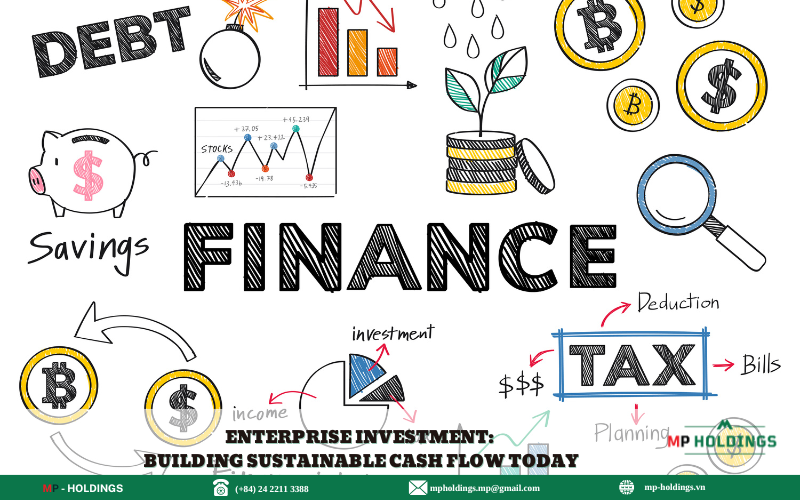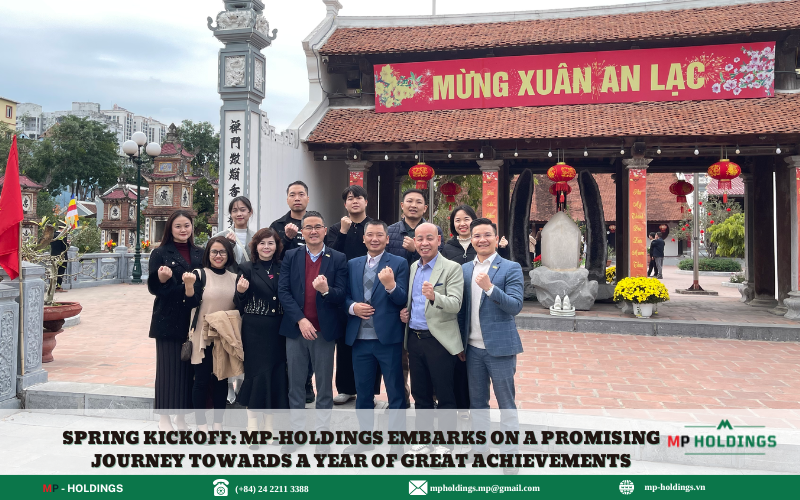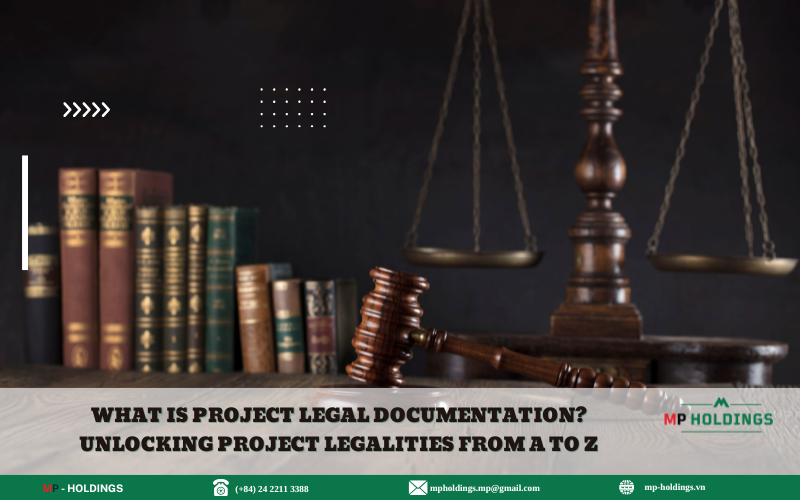Real estate is always considered an attractive investment channel thanks to its high profit potential. However, if not careful, investors may face great risks. Below are important real estate investment experiences to help you achieve high and sustainable efficiency.
1. Find Out Before Investing
The first and most important step when participating in real estate is to understand the market and the process.
Market research: Learn about land price trends, regional planning, and actual customer needs.
Understand specialized terminology: Concepts such as “suspended planning”, “pink book” also known that certificate of land use rights and ownership of houses and other land-attached assets, “clean land” are factors you need to master.
Start small: Don’t rush into big projects if you are a new investor. Small transactions will help you get familiar with the process and accumulate practical experience.

2. Distinguish Types of Real Estate to Choose the Right One
Currently, real estate is divided into many types with different characteristics and levels of risk:
Land: Usually has good potential for price increase but requires careful checking of legality and planning.
Apartment: Suitable for investment for rent or long-term living, less risky if completed.
Resort real estate: Suitable for large investors, but need to consider because it often depends on tourism factors.
Projects under construction: Bring high profits but the risks in progress and legality are not small.

3. Check Legal Factors
Legality is the “backbone” of a safe real estate investment. Some factors to check:
Certificate of land use rights: Make sure the red book or pink book is not disputed.
Planning and project: Verify whether the real estate is subject to any suspended planning or disputes.
Construction permit: For apartment, villa or urban area projects, it is necessary to check the full license.

Many investors have encountered risks because they bought land in an unannounced planning area. Therefore, you should contact the local Department of Natural Resources and Environment to verify the information.
4. Collect Information from Various Sources
Do not rely entirely on advertisements or recommendations from one party. To ensure accurate information:
Seek information from reputable real estate consulting companies.
Consult a specialized lawyer for legal assessment.
Read market reports from independent organizations or industry experts.

5. Choose the Right Investment Form for Your Financial Goals
Not all investment forms are suitable for all investors. Based on your financial capacity and personal goals, you can consider:
Investing for accumulation: Waiting for land prices to increase to resell, suitable for developing areas.
Leasing: Bringing stable cash flow, suitable for apartments or townhouses.
Renovating and reselling: Increasing property value through renovation and upgrading.
Investing for settlement: Suitable for those who want to combine profit and real housing needs.

Conclusion
Real estate investment is not only a profit-making opportunity but also a long-term journey that requires patience and deep understanding. Always equip yourself with knowledge, check information carefully and have a clear investment strategy to minimize risks.
If you want detailed advice and updated information on potential real estate projects, please contact MP-HOLDINGS, a “heritage” real estate investment and development enterprise.











